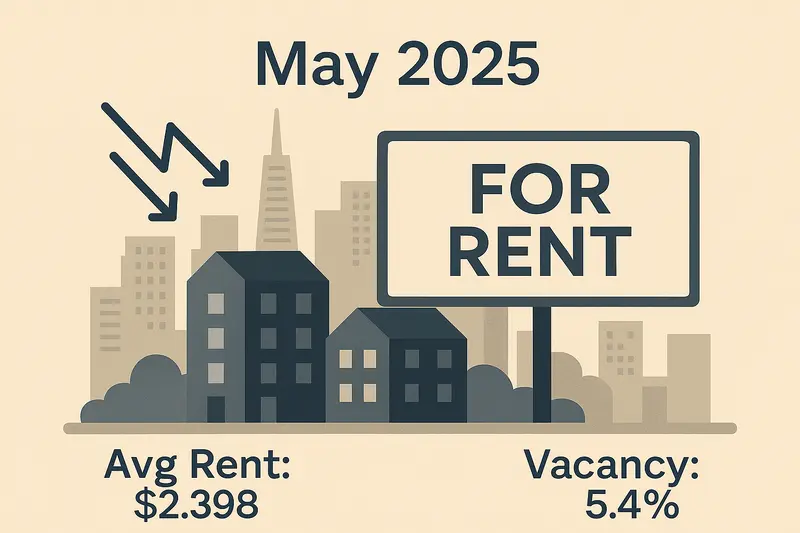Zoning Rules That Shape Your Home’s Potential
Question
Answer
Property zoning determines how you can use, modify, or expand your home in the U.S. Municipalities divide land into zones—residential, commercial, industrial, and mixed-use—and each zone comes with its own set of restrictions and opportunities. Understanding these rules helps you plan renovations, add structures, or start a home-based business without costly permit violations.
Key Zoning Categories and Their Impact
- Residential (R): Limits use to single-family homes, duplexes, or multi-family units. You may face restrictions on accessory dwelling units (ADUs) or short-term rentals.
- Commercial (C): Allows businesses, offices, and retail—but you typically cannot live full-time in a purely commercial zone.
- Mixed-Use (MU): Blends residential and commercial uses. Ideal for live/work projects, but be sure to check specific use allowances.
- Overlay Districts: Historic, environmental, or floodplain overlays add extra rules on top of base zoning, affecting renovations and alterations.
Common Zoning Restrictions to Watch
- Setbacks & Lot Coverage: Minimum distances from property lines (often 10–25 ft) and maximum building footprint (e.g., 30–50% of lot area).
- Height Limits: Caps on building height (typically 25–45 ft in residential zones).
- Use Permits & Variances: Special permits (conditional use permits) allow nonconforming uses; variances grant relief from dimensional rules.
- Parking Requirements: Minimum parking spaces for new additions or businesses run from home.
Planning Home Improvements and Business Uses
Before adding an ADU, converting a garage into an office, or installing a fence, review your local zoning code or municipal code online. Many cities publish zoning maps and permit checklists on official websites.
Next Steps
If you’re unsure which zone applies or how to apply for a variance, it’s advisable to consult a licensed local attorney or real estate agent. They can guide you through permit applications and help ensure your project complies with zoning regulations.
Final Thought: Zoning rules may seem restrictive at first, but they exist to maintain neighborhood character and safety. Proper due diligence up front saves time, money, and frustration down the road.


